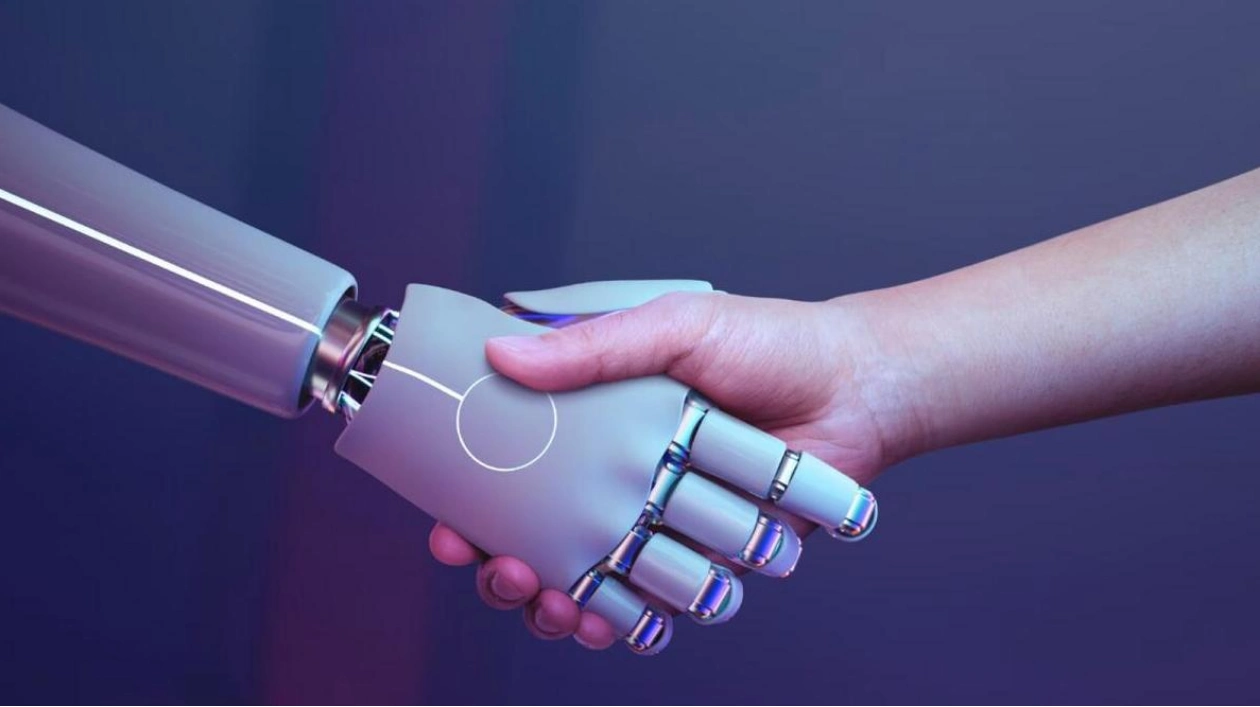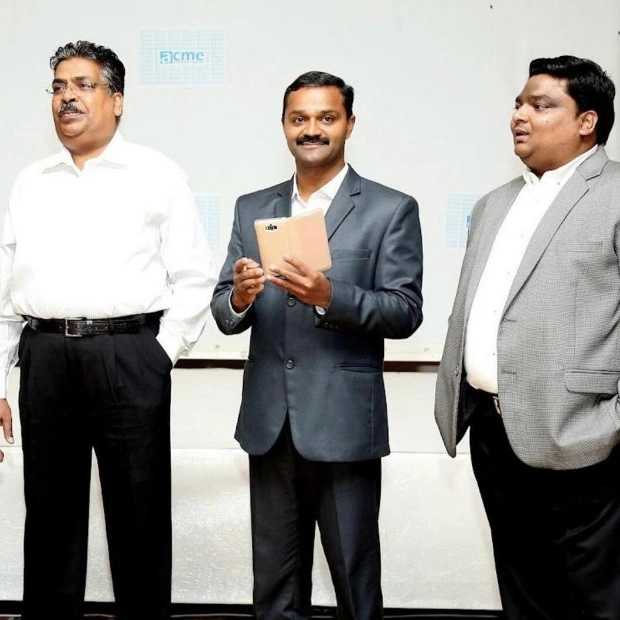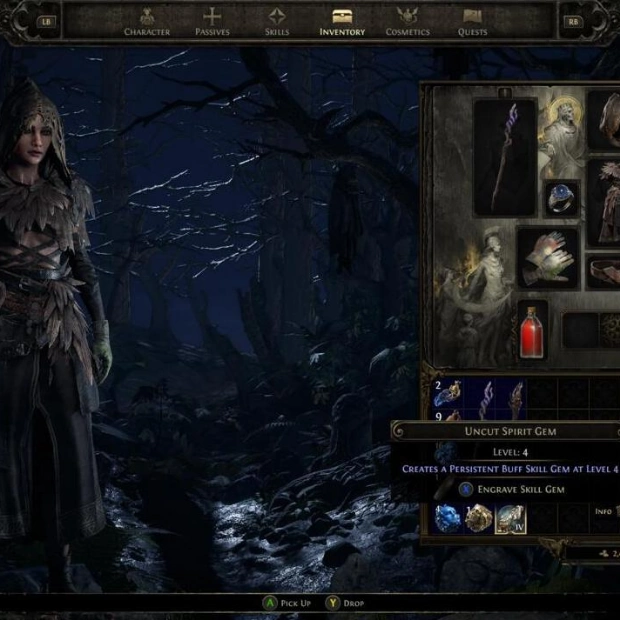Last week, ChatGPT experienced a global outage that made headlines. An online tech portal aptly summarized it with the headline, 'Millions forced to use brain as OpenAI’s ChatGPT takes morning off'. As AI integrates further into our lives, it raises questions about the necessity of teaching students the basics of language, writing, critical thinking, creativity, and ethics in an increasingly automated world. ChatGPT, launched on November 30, 2022, reached 100 million monthly users within two months. By 2024, it is used by over 100 million people weekly, assisting in various tasks from presentations to personal messages, transforming everyday communication into a more sophisticated style. However, it has also led to a uniformity in student assignments, prompting the introduction of ChatGPTEdu, specifically designed for universities, which includes advanced features like GPT-4o for enhanced text interpretation and multilingual support.
The integration of Generative AI into academic research has sparked debates among futurists, opponents, and those hoping for a return to traditional methods. OpenAI's recent shift from focusing on long-term AI risks to establishing a Safety and Security Committee reflects evolving attitudes towards AI governance. The latest ChatGPT version, launched in May 2024, now processes text, audio, and images, offering personalized experiences through features like Memory, which remembers conversation details to provide tailored responses. This advancement prompts questions about the future of learning and teaching, and potential over-reliance on technology.
Educators recognize the need to adapt to new technologies and teach students how to effectively use them. Despite initial fears, technologies like the internet and search engines have not replaced traditional education but have required adaptation. The challenge now is to ensure a strong foundation in basic skills while integrating new technologies, preventing a digital divide. The Guardian recently highlighted a renewed focus on traditional navigation skills in the military, suggesting a balance between digital and analog knowledge. Educators must also address the biases inherent in AI models and integrate ethical guidelines and AI governance into the curriculum.
Students skilled in prompt engineering, creativity, and critical reasoning will excel in this evolving environment, using AI not as a crutch but as a tool to enhance their capabilities. The integration of AI into education is not the end of traditional learning but a call to return to the basics while embracing new technologies.






